Are you or a loved one struggling with addiction? Impacting families across the world, addiction and substance abuse are difficult conditions that require professional care. Often, part of that care is receiving addiction counseling.
What is addiction counseling? Put simply, it is an evidence-based course of treatment intended to improve the afflicted person’s ability to recognize negative feelings, thoughts and behaviors connected to addiction. It involves working closely with an addiction or substance abuse counselor to develop strategies to better cope with that person’s stressors and avoid relapse.
What is a substance abuse counselor? Highly trained, these types of therapists specialize in helping individuals by talking through the complexities of their addiction. As addiction is different for each person, a counselor must be able to tailor a treatment plan accordingly to promote a healthy recovery process.
The Many Benefits of Drug Counseling
After physical addiction abates, a significant psychological addiction remains, which must be properly addressed. Speaking with a professional counselor is one of the best ways to draw focus to this psychological addiction and understand the specifics of the person’s dependency.
Drug counseling focuses on what led to the addiction and the identification of triggers. With each session, there is a better understanding of these triggers and how they might be handled in a healthier manner. Developing these healthy coping mechanisms and productive ways of reacting to stressors is key to moving forward instead of falling back into negative behaviors.
Another aspect of addiction counseling is treating co-occurring disorders. Ranging from depression or an anxiety disorder to serious mental health illnesses such as schizophrenia or bipolar disorder, these co-occurring conditions make treatment and recovery more complicated. With help from a dual diagnosis treatment program, improvements in both conditions may be made and help increase the likelihood of long-term recovery.
Lastly, undergoing this form of treatment also benefits those recovering by helping them to set and reach personal goals. Whether these plans revolve around education, employment or otherwise, having attainable objectives can be very constructive to recovery and living life free from harmful substances.
Forms of Addiction Counseling
There are various types of counseling available, including individual, group and family counseling. At times, it’s beneficial for someone to undertake more than one approach simultaneously.
Individual counseling
By meeting one-on-one at least once a week, this approach offers the chance for the therapist and patient to explore root causes as well as potential solutions. It is typically at the core of a drug rehab program.
Group counseling
Talking openly and honestly about their issues represents a key breakthrough with most recovering addicts. Group counseling presents the opportunity to speak with peers, share experience and gain support from those going through something similar.
Family counseling
Addiction and its fallout can have devastating impacts on family members. Family counseling programs offer the chance to re-establish bonds by opening the lines of communication and addressing an individual directly. The goal is to find ways to move forward and help a loved one transition back into normal life.
What to Expect Throughout the Addiction Counseling Process
When someone is new to therapy, it may be confusing to know what’s in store. As such, it’s normal to question, “What does a substance abuse counselor do?” and how it’s going to help. While the techniques may vary by program, these professionals work hard to help their patients acquire the tools and skills needed to successfully maintain sobriety and abstinence.
Patients can expect to go through multiple talk therapy sessions, acquire positive coping strategies, and practice certain skills and behaviors necessary for recovery. There may even be recommendations made to attend a 12-step program or group for additional aid. Each addiction therapy program is tailored specifically to the person’s needs and personal situation.
Find the Best Addiction Treatment Services at Vanguard Behavioral Health
For more than ten years, the team here at Vanguard has been assisting people with their addiction recovery and sobriety. During that time, we’ve been at the forefront of innovative treatment and patient-centered care. We offer affordable, health insurance-friendly counseling options for substance abuse, alcohol addiction, trauma, anxiety and depression. Let us help get you or a loved one on the path to recovery and overcome mental distress for good.
To learn more about addiction counseling, dual diagnosis treatment or our other programs, give us a call or visit one of our locations in Tucson or Albuquerque.








